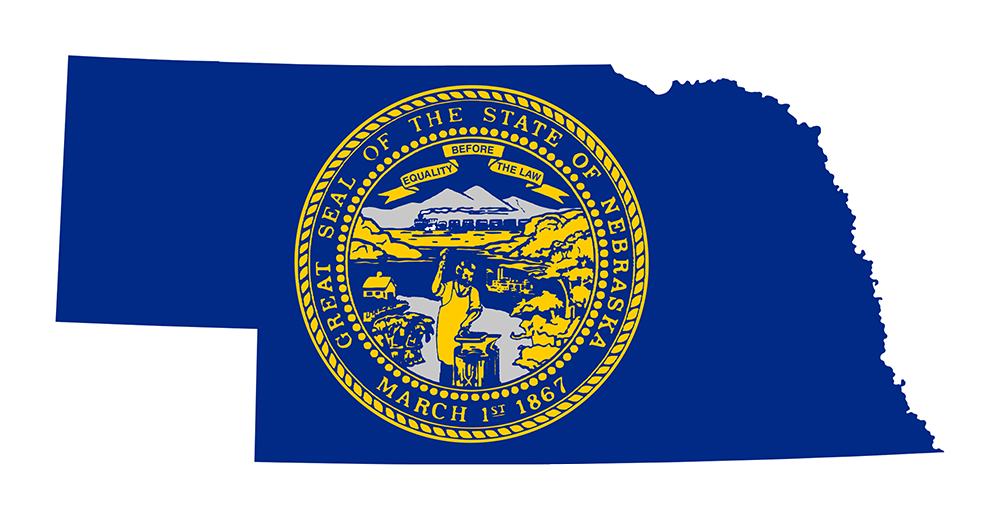
Note: The School Readiness Tax Credit program ended with the 2021 tax year. First Five Nebraska is exploring legislation to reinstate the tax credits to provide these important financial supports for child care providers.
Self-employed child care providers are now eligible to benefit from tax credits intended for early childhood professionals and programs through the School Readiness Tax Credit Act of 2016. Yesterday, Governor Pete Ricketts signed LB266 into law, clarifying the statutory language of the original legislation, which had inadvertently excluded some providers from qualifying for the tax credit.
“Given the economic effects of COVID-19, we need to continue finding ways to ensure quality child care is available to working parents so they can be fully present at their jobs, knowing their kids are in a safe, developmentally positive setting,” said Jason Prokop, director of First Five Nebraska. “LB266 gives more of our child care professionals access to financial incentives that can help offset the costs involved in running a quality child care program.”
The School Readiness Tax Credit Act offers tiered financial incentives for early childhood professionals and child care businesses that participate in Step Up to Quality, Nebraska’s child care quality improvement and rating system. LB266 revises the statutory language so self-employed individuals and child care businesses classified as S-corporations may benefit from the incentives. Child care providers can find helpful guidelines on how to use the tax credit on the Step Up to Quality website.
First Five Nebraska’s policy team worked with Senator Brett Lindstrom (District 18) and early childhood professionals to develop and pass the bill.
“Self-employed early childhood professionals are critically important to our state, especially in rural communities where they may be the only care provider available,” said Kim Chase, who operates her own child care program in Papillion and is on the board of directors of the Nebraska Family Child Care Association. “Passage of LB266 ensures these providers have access to supports that can make a difference to their bottom lines.”



